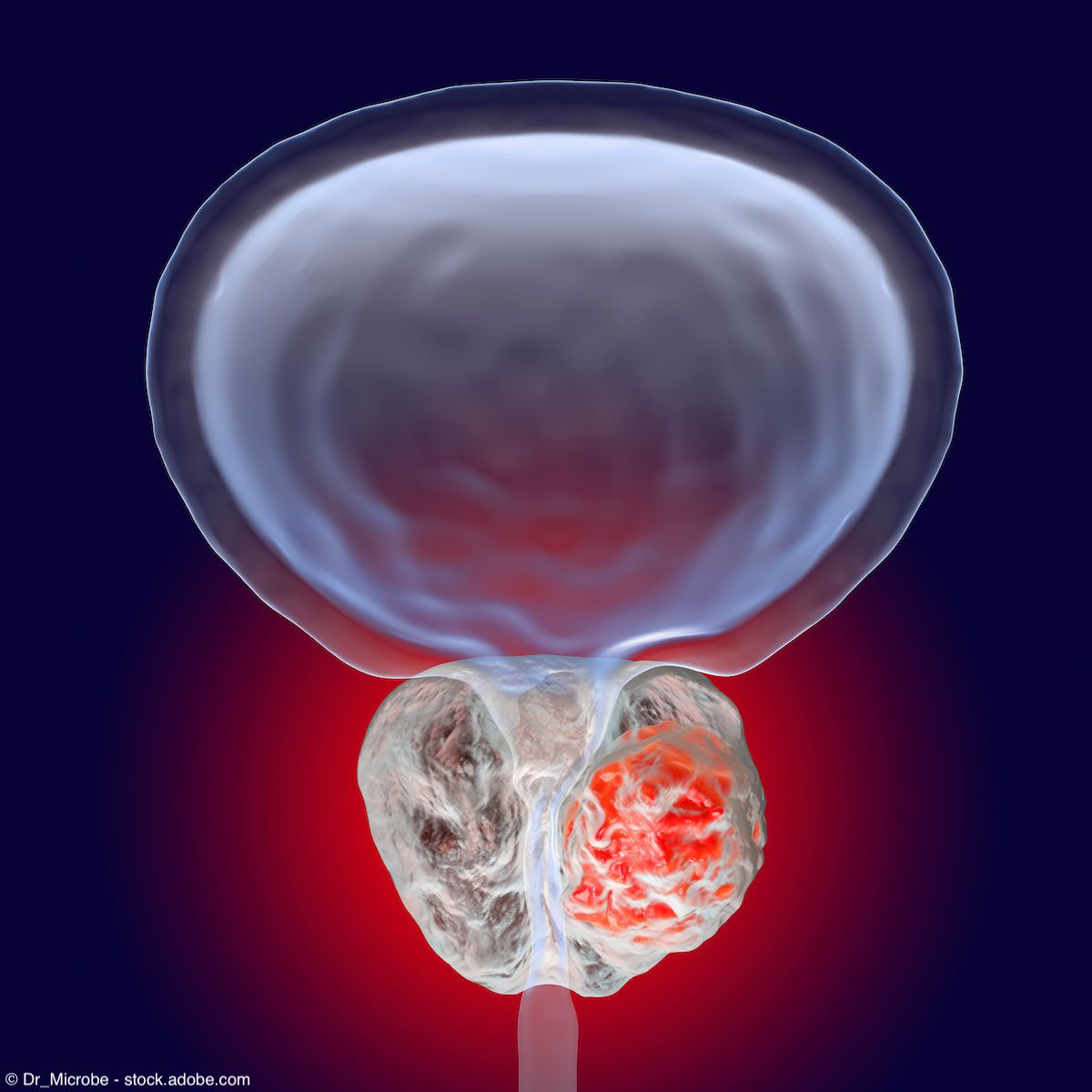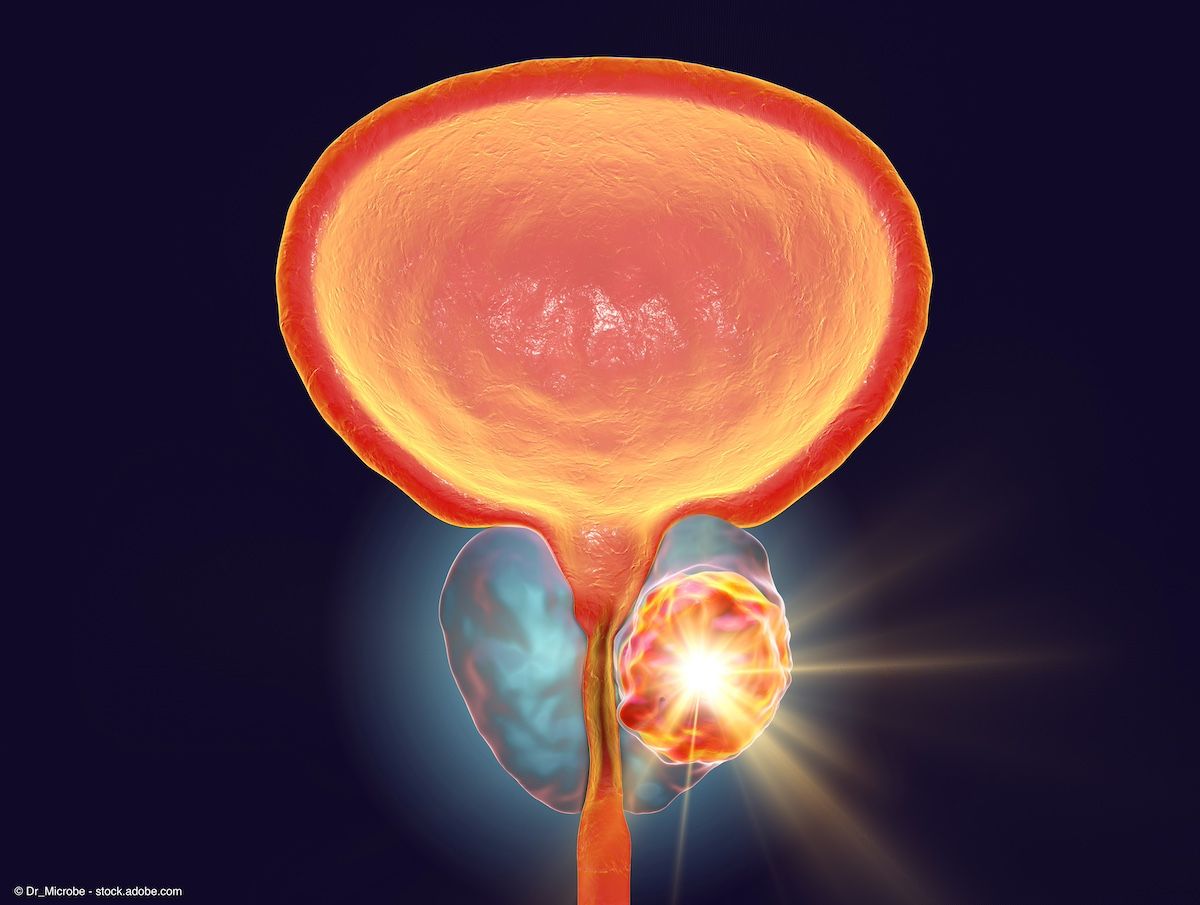News
Article
Galen Prostate shows potential to enhance prostate cancer detection
Author(s):
"We were deeply impressed by Galen's performance in the study, that based on our validation, clearly showed how Ibex can support our clinicians in improving diagnostic quality and efficiency, and as a result we have decided to implement it routinely,” says Junya Fukuoka, MD, PhD.
Data recently published in the journal Pathology showed that the AI algorithm Galen Prostate was able to accurately detect cancer and identify relevant pathological features from prostate biopsy specimens in a retrospective study of a Japanese cohort.1
Overall, data from the study showed that Galen Prostate was highly accurate in distinguishing benign cases from prostate adenocarcinoma, with an area under the curve of 0.988.

The study was conducted by investigators atthe Kameda Medical Center in Japan.
"We were deeply impressed by Galen's performance in the study, that based on our validation, clearly showed how Ibex can support our clinicians in improving diagnostic quality and efficiency, and as a result we have decided to implement it routinely,” said senior author Junya Fukuoka, MD, PhD, chair of the department of pathology at Kameda Medical Center and chair of the department of pathology informatics at Nagasaki University, in a news release of the findings.2 “Interestingly, Galen identified both malignant and non-malignant findings previously undetected by pathologists and we are proud to have become the first pathology department in Japan to use digital pathology and AI routinely for primary cancer diagnosis, significantly improving our pathologists' user experience and confidence.”
Overall, data from the study showed that Galen Prostate was highly accurate in distinguishing benign cases from prostate adenocarcinoma, with an area under the curve (AUC) of 0.988 (95% CI, 0.975-1). The platform also demonstrated high accuracy in cancer grading, showing an AUC of 0.994 (95% CI, 0.982-1) in differentiating between low-grade (atypical small acinar proliferation/Gleason score 6) and medium/high-grade (Gleason score 7 and above) adenocarcinoma.
Galen Prostate also demonstrated accuracy in identifying perineural invasion, detecting a total of 9 cases, of which 8 were previously undetected. Subsequent review of these cases by a genitourinary pathologist confirmed 7 of these perineural invasions to be true.
Further, in 4 adenocarcinoma cases, Galen Prostate was able to detect higher Gleason score than those previously evaluated by a pathologist. Following a blind review by a genitourinary pathologist, all 4 cases were reclassified from Gleason 3+3 to Gleason 3+4. Overall, the AI algorithm resulted in 5 total cases being reclassified, resulting in a revision rate of 5% for the cohort.
In total, the study included 100 consecutive prostatic core needle biopsycases for retrospective examination. At the time of biopsy, the average age of the male patients was 70.1 years.
The study also included evaluation of a second AI algorithm, Galen Breast, which demonstrated similarly positive accuracy.
The authors concluded,1 “Although further improvements are required to accurately differentiate rare cancer subtypes, these findings highlight the potential of these algorithms to enhance the precision and efficiency of prostate and breast cancer diagnosis in Japan. Furthermore, this validation paves the way for broader adoption of these algorithms as decision support tools within the Asian population.”
References
1. Lami K, Yoon HS, Parwani AV, et al. Validation of prostate and breast cancer detection artificial intelligence algorithms for accurate histopathological diagnosis and grading: a retrospective study with a Japanese cohort. Pathology. 2024:S0031-3025(24)00101-6. doi:10.1016/j.pathol.2024.02.009
2. Study at Japan's Kameda Medical Center demonstrates excellent outcomes for Ibex's AI-powered solution in diagnosing prostate and breast cancer. News release. Ibex Medical Analytics: Kameda Medical Center. Published online and accessed May 20, 2024. https://www.prnewswire.com/news-releases/study-at-japans-kameda-medical-center-demonstrates-excellent-outcomes-for-ibexs-ai-powered-solution-in-diagnosing-prostate-and-breast-cancer-302149932.html
Newsletter
Stay current with the latest urology news and practice-changing insights — sign up now for the essential updates every urologist needs.









